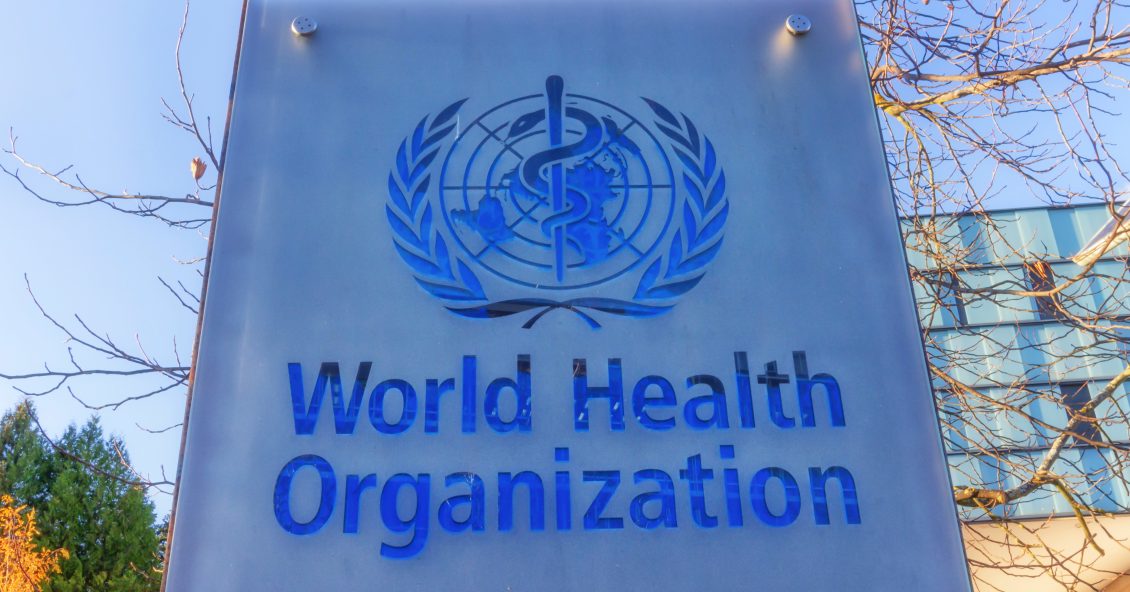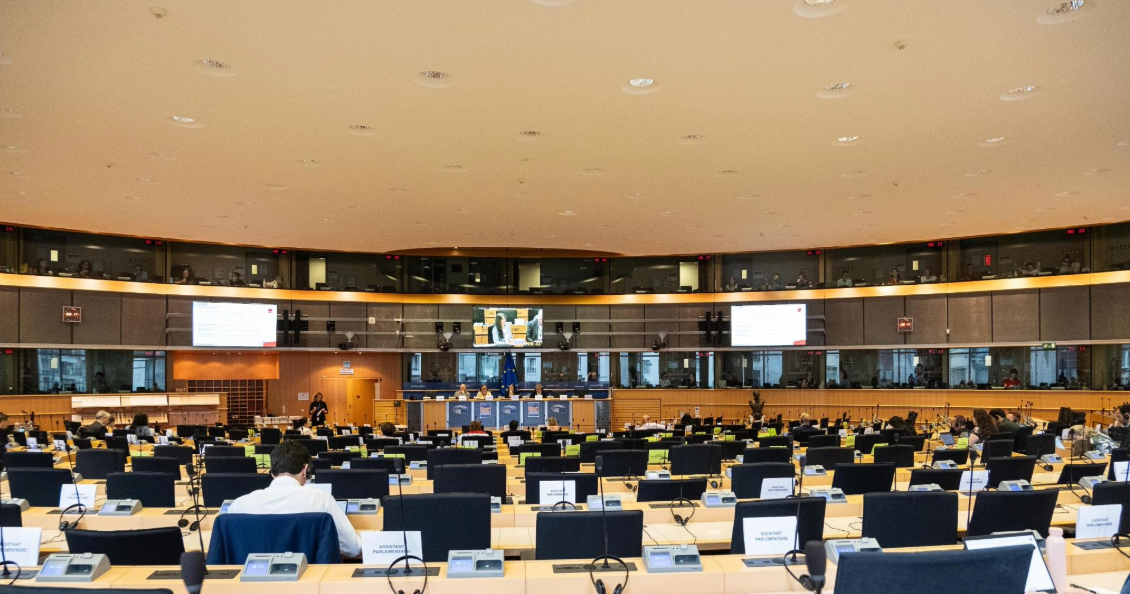UNI at WHO: Quality care depends on jobs with dignity
13.04.23
The World Health Organization hosted the High-Level Investment Roundtable on Aligning, Stimulating and Sustaining Health Workforce Investments for Health for All, as part of the 5th Global Forum for Human Resources for Health on 5 April.
The event, held at the WHO’s headquarters in Geneva, convened dozens of high-level leaders who shape health workforce investments, including ministers of health and finance alongside senior leadership from international financing institutions, health worker organizations like UNI Global Union and multilateral and bilateral agencies.
In the wake of the Covid crisis, many governments and investors are taking major actions to strengthen the health and care workforce. There is widespread public and political recognition in all countries that applause for health workers cannot substitute the fundamental need to invest and act towards a sustainable health and care workforce – especially as the need for care workers will explode in the coming decades.
The investment roundtable drew from the experiences and expertise of participants, and the outcomes of recent policy dialogues on health workforce investments in Africa, the Americas, Asia and Europe.
The proposals generated in this roundtable will inform the next round of decision making at a global level, including an upcoming WHO-convened health investment forum in June 2023 and the United Nations General Assembly’s High-Level Meeting on Universal Health Coverage in September 2023.
During the roundtable, UNI Global Union’s Senior Investor Engagement Advisor Lisa Nathan shared her experience leading a multi-stakeholder collaboration between trade unions and institutional investors, such as asset managers and pension funds, in the Investor Initiative for Responsible Care. The initiative focuses on activating the voices of these investors to improve working conditions and quality of care provided in the private long-term care sector.
The Investor Initiative for Responsible Care brought together institutional investors to support a statement of expectations. Now backed by more than 130 investors with $4.4 trillion in assets under management, the investors set out expectations on the key interlocking issues of working conditions and quality of care – safe staffing levels, health and safety standards, wages and contracts, freedom of association and collective bargaining, and quality of care.
“Quality care is dependent on the quality of working conditions, and improving working conditions requires respect for freedom of association and collective bargaining,” said Nathan.
UNI Global Union also highlighted two key points from their experience with the initiative. Firstly, there are significant opportunities to activate investors with investments in health to use their voices and influence to raise standards. Secondly, involving all the relevant stakeholders in the process is essential to come up with effective solutions and avoid unintended consequences.
Nathan noted that UNI Global Union believes that standards and working conditions should be the same for all types of care models. They also stressed that investment of any kind – public or private – should be held accountable to ensure that the care jobs it creates are jobs with dignity.


